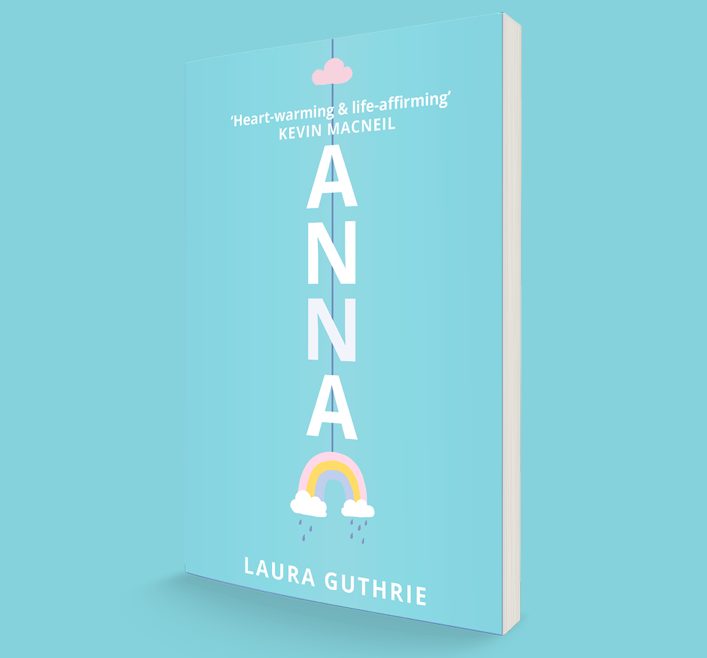In Eleanor H. Porter’s 1913 novel, Pollyanna, the title character is orphaned ad goes to live with her spinster Aunt Polly; in this modern day adaptation by Scottish author, Laura Guthrie, her title character, Anna, comes to live in West Lothian with her estranged mother following the death of her father in London. What the two protagonists have in common is a positive attitude which pulls them through some tragic circumstances.
In Porter’s novel Pollyanna had the ‘glad game’, in Guthrie’s debut Anna has the ‘happy game’. So what does set the two novels apart then? Well, narrator of the latter has Asperger’s Syndrome (now more commonly referred to under the umbrella term Autism Spectrum Disorder) which gives the narrative voice an interesting twist. Much of the trouble Anna seems to run into is caused in part by her Asperger’s and missing the social cues most people take for granted. But slowly she begins to adapt to the new community she is living in and they to her. Her mother, a seemingly cold and distant character in the early stages, begins to open up to her daughter and a combination of a deep-rooted mother-daughter love and Anna’s direct questioning lead to a newfound bond. Things seem to be heading in the right direction for the pair until, just as in the original, tragedy strikes and only her positive outlook and the faith and friendships she has built in her new life will pull Anna through.
Anna is certainly inspiring and having a character with Autism will attract many youngsters who may be able to empathise with the difficulties she faces. She has a resilience and an open heart which does not go unnoticed and being able to see the good in everything is a wonderful quality. But, the writing is at times quite pedestrian and one must question how much skill really goes into replicating a storyline already written. More interesting may be an original sequel where the reader can find out what happens to Anna next…
